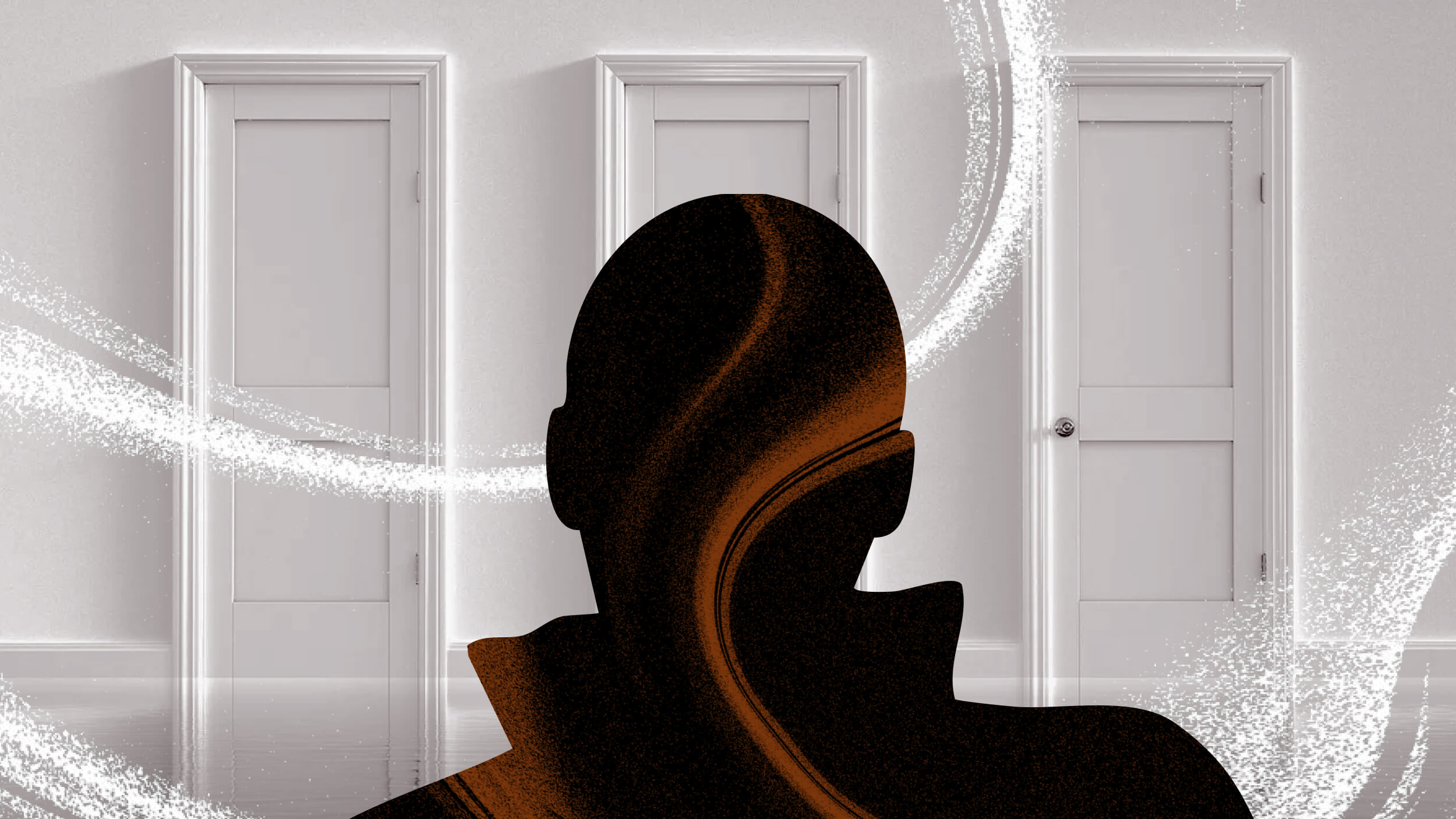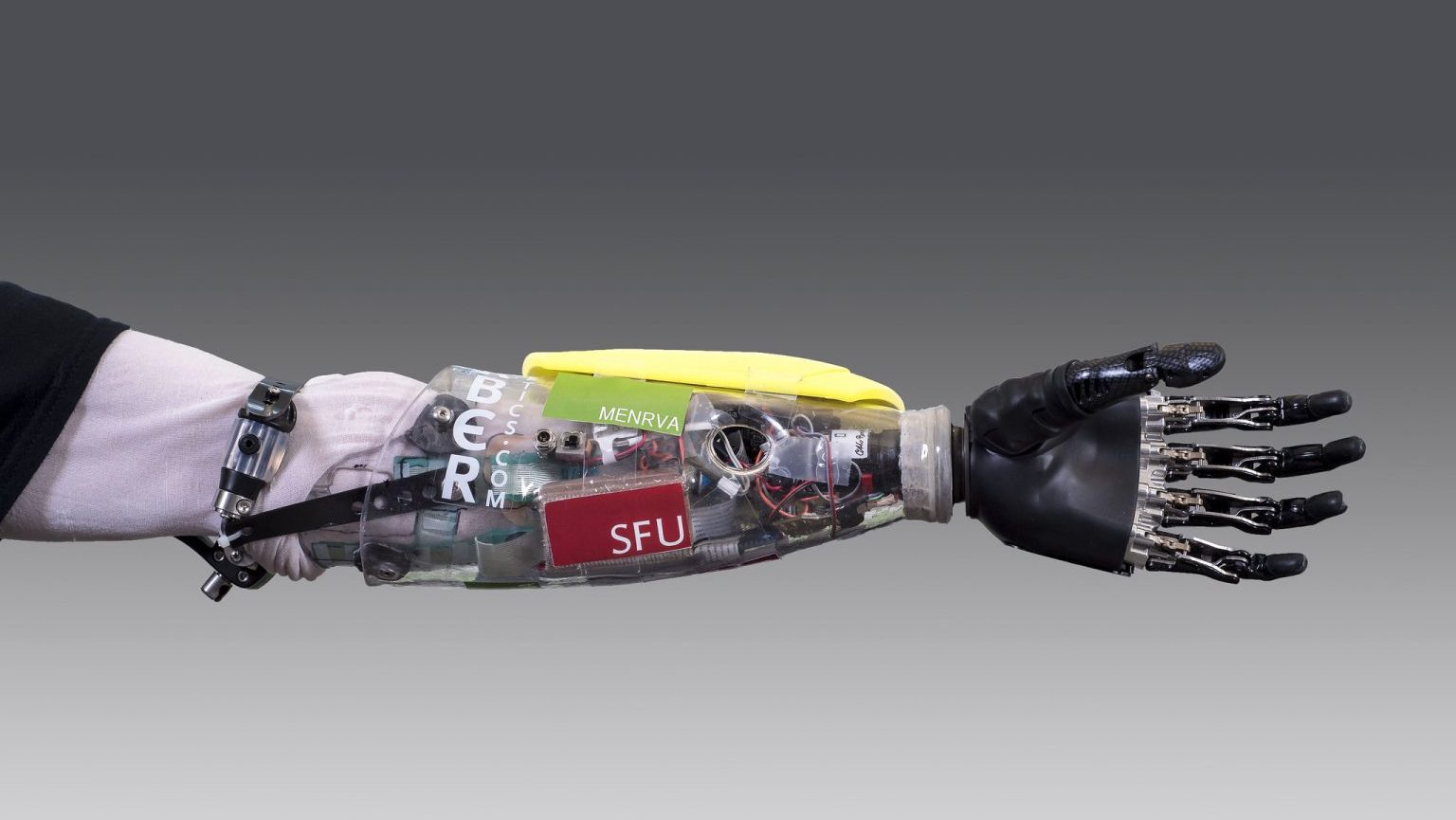Bill is inspired by fairness and being motivated to work to solve big social problems.
Transcript: Well I’m not sure. I have thought about it. I think I’ve always felt that we need to have fairness. I’ve always felt a sense of fairness. It’s not that everybody’s gonna finish the race at the same time; but everybody ought to have a fair shot at the start of the race. And I’ve always been that way ever since I was a kid, and I feel that way today. And I think the most powerful force . . . the thing that motivates me is . . . is inspiration. You know I’ve had jobs when I was young where money was supposed to be motivating. Or you know many bosses use fear to try to motivate people. To me inspiration is the motivating force. And I like to work on these big programs. I like to be inspired. I like what we’re going at AARP. So I get up every day with a song in my heart, and I go to work.
Transcript: I think we do have an obligation. But I think it’s . . . it’s deeper than that. I think people want to give back. And you see this at virtually . . . in virtually every generation. I mean when we talk about the World War II generation, look what they gave back. We talk about the boomers . . . You know and somebody wrote a book called “Bowling Alone”. And the thesis was that boomers are not going to have social capital. They’re not going to give back. I think that’s wrong. I think what’s happening is we’re seeing now that as boomers get older they want to give back. They’re into things like care giving, which are so important. They’re . . . they’re giving political contributions and social contributions to their churches, and their synagogues, and their universities. What we need for them now is to . . . is to rev up that activism that they had when they were young.





